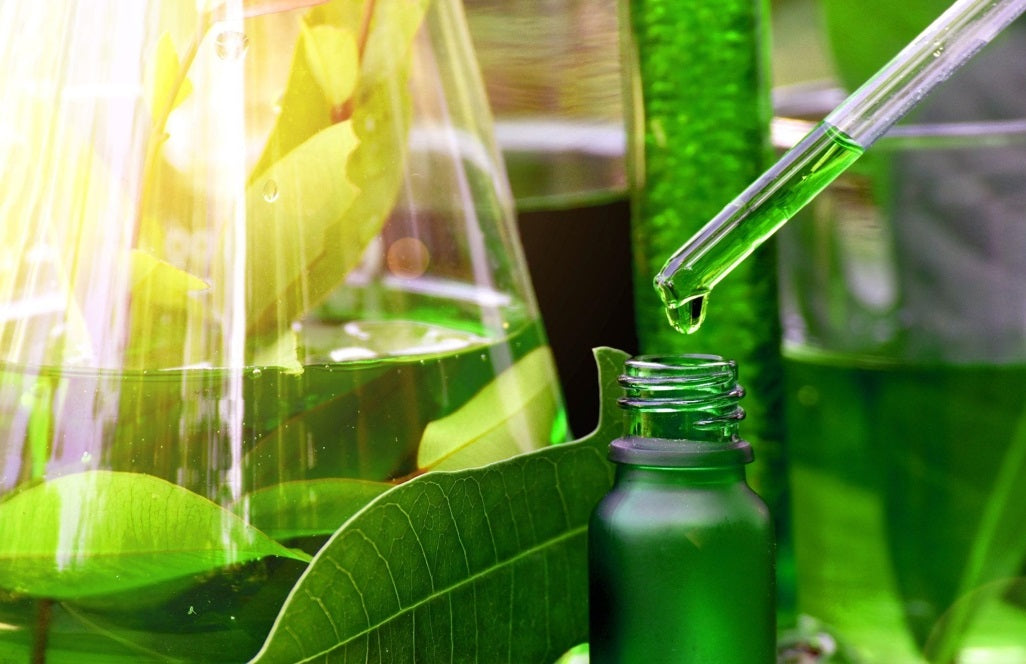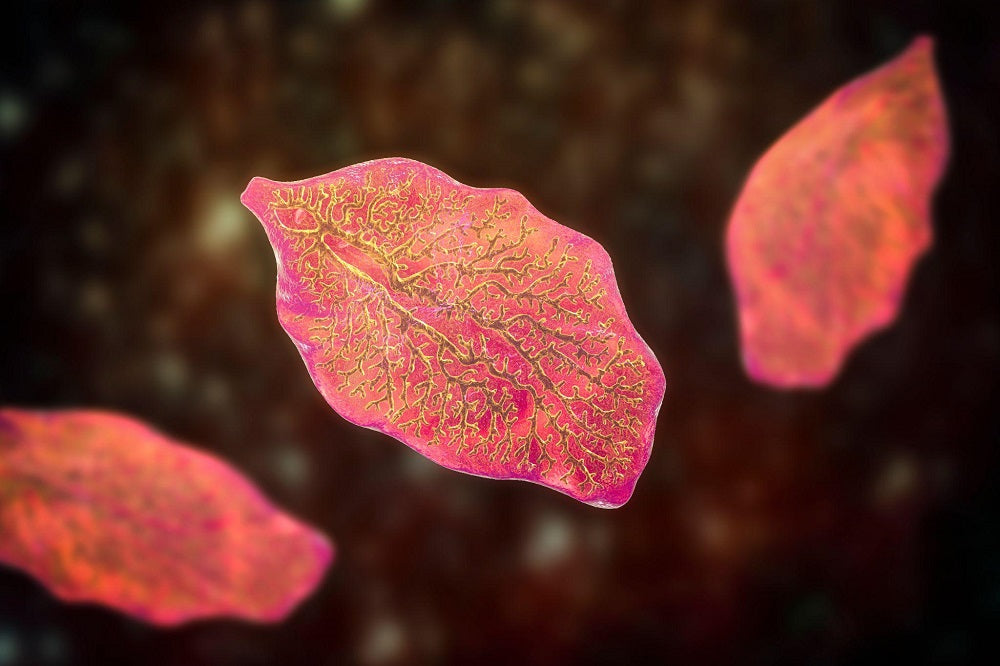Herbal extracts are becoming increasingly popular in wellness routines.
This industry is estimated to reach a global market size of $86.6 billion by 2032. Incorporating herbal extracts into your daily routine can not only benefit you physically, but they allow for a cost-effective way to achieve your health goals.
If you want to learn more about how these formulations can boost health and holistic well-being, keep on reading!
Herbal Extracts: Understanding Them
Herbal extracts naturally come from botanical materials. Experts dissolve the plant constituents in solvents to manufacture them, separating them from their undissolved plant counterparts.
In short, they extract the raw materials from the herbs. Often, they use water to target the potent chemical plant compounds that have the therapeutic benefit.
In the modern day, these extracts are used in medicinal industries such as homeopathy and act as an alternative medicine. However, before the arrival of modern medicine, herbal extracts were widely used, with their benefits being known worldwide.
What Are Herbal Extracts?

Extracts are taken from different herbs and can be used in the form of capsules, tea, oils, and other products. There are, in fact, more than could be named, and many still to be discovered. Here is an example of just a few that are available:
Matricaria chamomilla
More commonly referred to as chamomile, Matricaria chamomilla comes from the Asteraceae family. It is used for relief from gastrointestinal issues or skin irritation. Its most common form is chamomile tea.
Valerian
This herb is native to Asia and Europe and has previously been extracted to help with insomnia. While ultimately ineffective, it can be used for anxiety and restless leg syndrome.
Panax ginseng
Known also as Asian ginseng, this plant comes from Asia and has been used for benefits like anti-inflammation. Experts discovered that its properties reduce oxidative damage to cells, which is a significant contributor to chronic disease.
Types of Herbal Extracts
Tinctures
Tinctures are liquid-form extracts and are often taken orally. They use alcohol and water solvents for their extraction. They usually are used for indigestion, insomnia, menstrual discomfort, hormone regulation, boosting the immune system, and general pain relief.
Essential Oils
Often more expensive due to the volume of plants required to make them, essential oils can boost your mood, reduce anxiety, and kill bacteria. Products are manufactured also for insomnia, inflammation, and improved job performance and focus.
Depending on the product, they can be applied in several ways, including adding a few drops to your bath water, such as body oil, room spray, and items like lavender bags that sit beneath your pillow.
Powders
Many believe that powders are the best way to apply herbal extracts because they are closer to the original form than the others, are easy to take (capsules are common), and absorb swiftly. Powders are also diverse, as you can mix them with other powders and create tea blends that deal with multiple conditions.
The Benefits
The health benefits of herbs are broad and consist of many different extracts and forms. These include immunity boosting, symptomatic relief, and minimizing allergies.
It's a good idea to conduct background research into the products that you choose. But once you have found the best ones for the purpose and incorporated them into your routine, you will improve your overall well-being.
How to Incorporate Herbal Remedies into Your Routine

Choosing Your Extracts: Which Ones You Need
The first step is to assess your health goals and ailments and base your choice of herbal extracts on this. To find high-quality products, study each of the manufacturers selling them and find out about their formulations, advantages, and other preparations to imbue their solvents, teas, tinctures, and/or oils with nutrients.
Through this, you will find which companies are the most reputable. You can even look online at reviews, online message boards and social media channels to find out what people are saying about standardized products. Remember that each user will have a different disposition, which is a solid way to gain insight into the best products.
How to Add Extracts to Beverages, Cooking & Skin Treatment
Herbs can be incorporated into teas, smoothies and beverages. To do this, it's a good idea to check the ratios as instructed, but you can begin with ⅛ or ¼ teaspoon of extract for each beverage. Then, sip. Add more per your preference.
You can even create facial serums with specific skin and hair care ingredients. And with food, certain dishes are complemented by an herbal infusion. Turmeric goes well with chicken and rice. You can even add extracts to desserts such as cakes and cookies, which add flavor without overusing other ingredients.
Health & Wellness Uses
For Immune System Support
There are countless extracts known for boosting immune health, including rosemary, garlic, thyme, sage, turmeric, and lemon balm. For instance, lemon balm acts as an antiviral substance that prevents the virus from penetrating cells.
Turmeric is also an antiviral substance as well as antifungal and antibacterial. Consistent dosages of these properties will strengthen the cells against potential infections.
For Stress & Relaxation
Extracts such as chamomile, valeria, ashwagandha and passionflower (amongst others) are effective for anxiety. They work by reducing cortisol (the stress hormone) in our bloodstream.
While helpful in other capacities, high levels of cortisol will exacerbate anxiety. Therefore, cortisol maintenance helps with stress. Other products will alter the signal processing in the brain. Valerian roots modulate specific brain receptors to promote relaxation.
For Digestive Health
Digestive health is supplemented by certain herbs that galvanize the microbiome, heal the stomach lining, and secrete digestive substances for digestive repair.
This involves many organs like the pancreas, stomach, and overwhelmingly, the liver, which performs many related services to our bodies. Ginger, cinnamon, garlic, caraway, dill, and peppermint are great herbs for digestive health.
For Skin & Hair Health
Herbs hugely benefit cosmetics due to their healing, regenerating, and conditioning power. Camomile is a tried and tested example, as it soothes rashes, softens hair, and disinfects the scalp.
Equally, ginseng extract synthesizes protein, making hair more galvanized against damage. Surprisingly, caffeine is a catalyst for micro-circulation within your skin cells, promoting hair growth.
Cleanse and Heal with Herbal Extracts
Overall, herbal extracts are a healthy and pure vehicle for nutrients and healing properties. It's simply a case of incorporating them into your daily routine so that your body receives a consistent, cumulative dosage, whether in liquid extracts, essential oils or tinctures. Explore this diverse world of herbal remedies and be on your way to holistic wellness!
Frequently Asked Questions
Are herbal extracts safe for everyone to use?
There are many variables, and it is on a case-by-case basis. If you are taking certain medicines, such as contraceptives and other prescriptions, then it's possible that the botanical properties won't mix well with them. Check with a GP if uncertain, and be studious about the ingredients.
Can I use multiple herbal extracts together?
It depends on which herbal extracts you are combining, but it is generally okay to mix them. In some cases, it can be inadvisable to combine more than four substances.
How do I determine the correct dosage of herbal extracts?
Most products will come with detailed instructions on dosage and how much to take daily. If uncertain, talk directly to a specialist or doctor.



